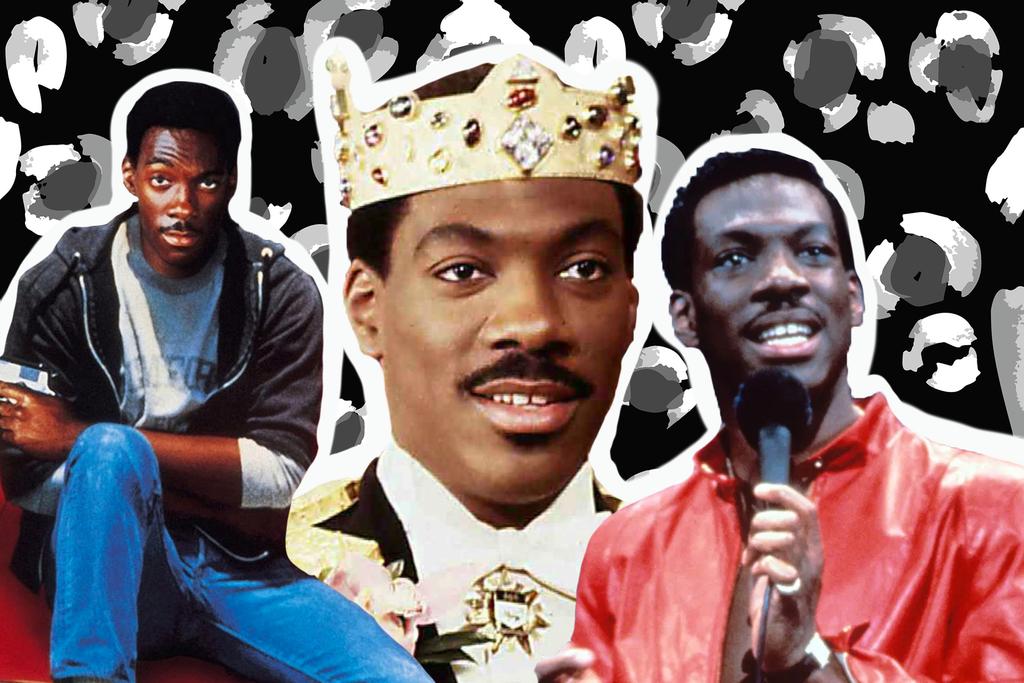nightglow.info – The 1980s was a decade of transformation in the entertainment industry, and at the heart of this change was a young comedian named Eddie Murphy. With his unique blend of humor, charisma, and unparalleled talent, Murphy quickly rose to fame, becoming a comedy phenomenon that left an indelible mark on the era. From his breakout role on “Saturday Night Live” to his successful film career, Murphy’s impact on comedy during the 80s is undeniable.
The Early Years
Eddie Murphy was born on April 3, 1961, in Brooklyn, New York. His early exposure to comedy came from his father, who was a comedian himself. Unfortunately, Murphy’s father passed away when he was just eight years old, leaving a void that young Eddie would eventually fill with his own comedic pursuits.
Breaking Out with “Saturday Night Live”
Murphy’s big break came in 1980 when he was hired as a cast member on the iconic sketch comedy show “Saturday Night Live” (SNL). At just 19 years old, he was the youngest person ever to join the cast and the only African American cast member during his tenure. Murphy’s fresh perspective and fearless approach to comedy quickly made him a standout on the show. His memorable characters, such as Buckwheat, Gumby, and Mr. Robinson, showcased his versatility and ability to tackle a wide range of comedic styles.
A Star is Born
Murphy’s success on SNL catapulted him to stardom, and he soon became one of the most sought-after comedians in Hollywood. His first film, “48 Hrs.” (1982), paired him with actor Nick Nolte and showcased his ability to blend comedy with action. The film was a box office success and solidified Murphy’s status as a leading actor.
The 80s Comedy Phenomenon
Throughout the 1980s, Eddie Murphy continued to dominate the comedy scene with a string of hit films. Movies like “Trading Places” (1983), “Beverly Hills Cop” (1984), and “Coming to America” (1988) not only showcased his comedic genius but also his ability to carry a film and connect with audiences on a global scale. Murphy’s characters were often lovable underdogs or fish-out-of-water types, which allowed him to explore various themes while keeping the laughs coming.
Stand-Up Success
In addition to his film career, Murphy’s stand-up comedy specials, such as “Delirious” (1983) and “Raw” (1987), were massive successes. His raw, uncensored humor and ability to tackle sensitive topics with humor and insight earned him a dedicated fan base. These specials are still regarded as some of the best stand-up performances of all time.
Legacy
Eddie Murphy’s impact on comedy during the 1980s cannot be overstated. He was a trailblazer, paving the way for future generations of comedians and actors of color. His work ethic, talent, and fearless approach to comedy set a new standard for the industry.
Conclusion
As the 80s drew to a close, Eddie Murphy’s star continued to shine brightly. While his career has seen its ups and downs, his legacy as the comedy phenomenon of the 80s remains intact. Murphy’s influence can still be seen in the comedy of today, and his work from that era is celebrated as some of the best in the genre. Eddie Murphy’s journey from a young comedian on “Saturday Night Live” to a comedy legend is a testament to his talent and the enduring power of laughter.
